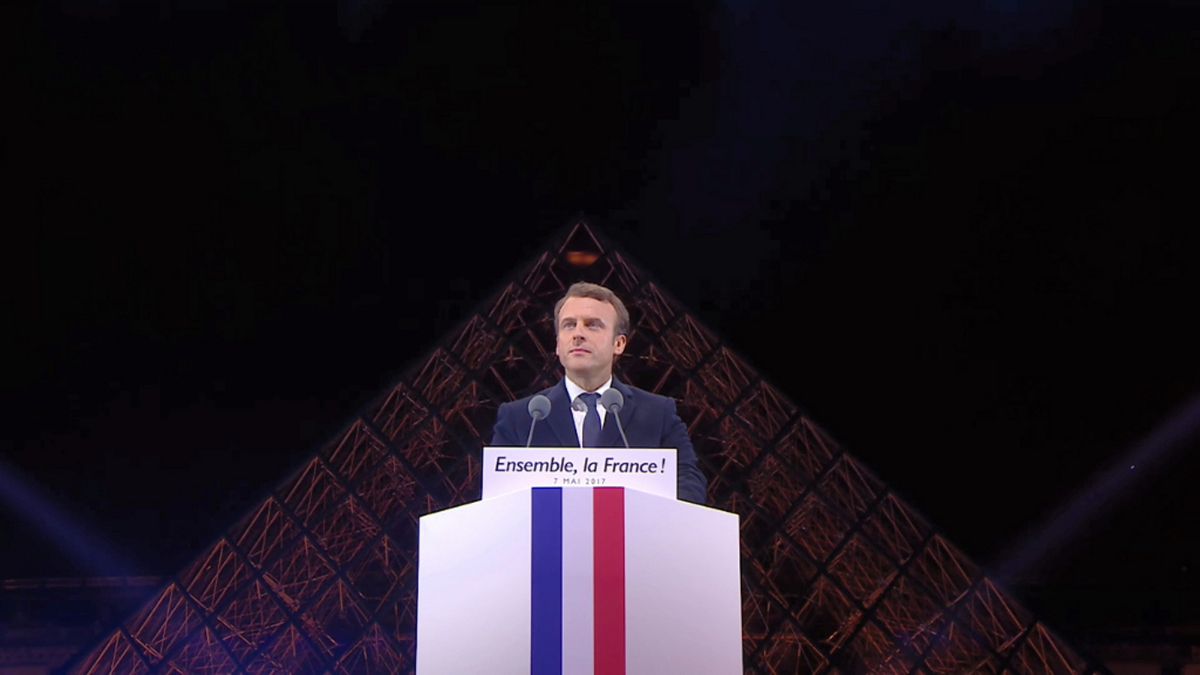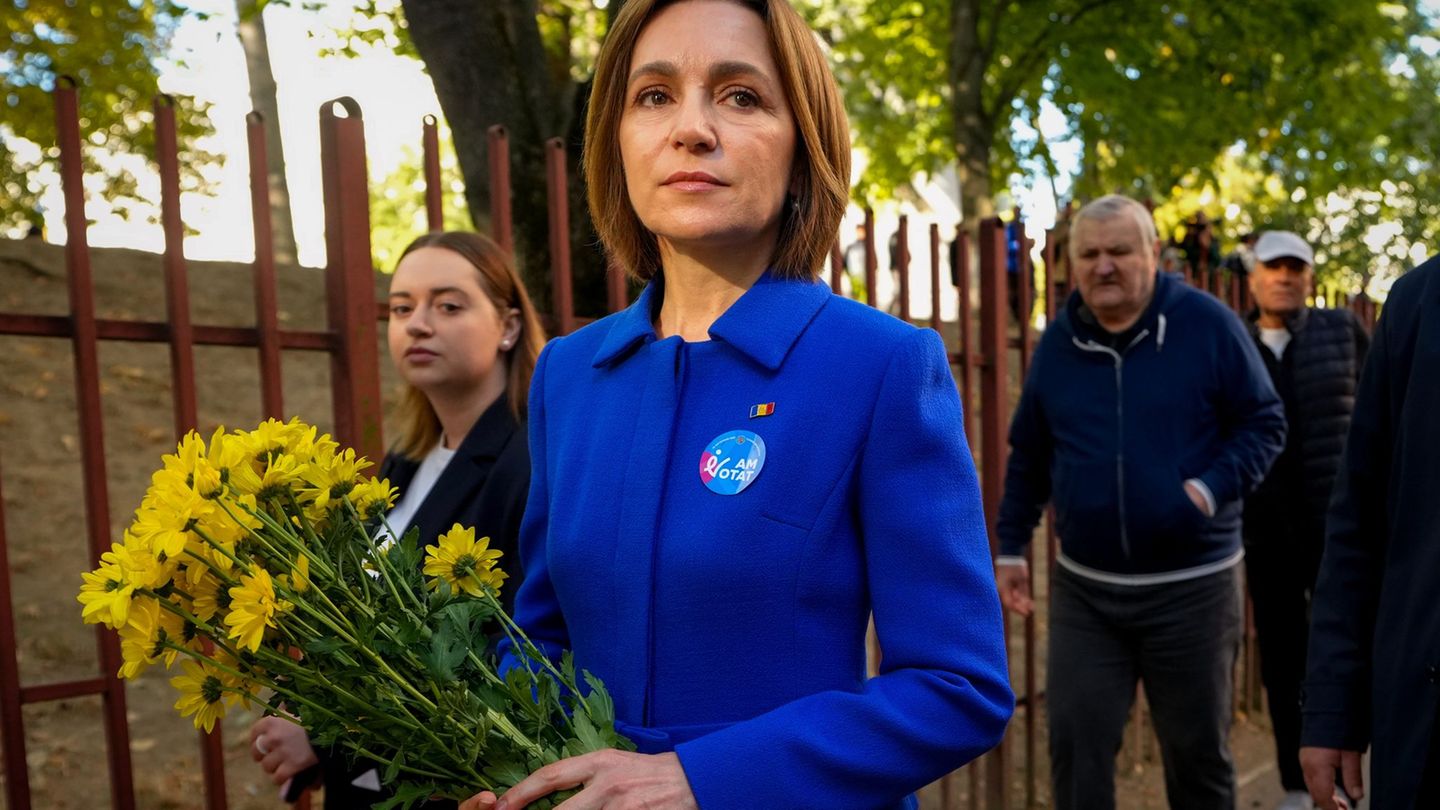I have been working in the news industry for over 6 years, first as a reporter and now as an editor. I have covered politics extensively, and my work has appeared in major newspapers and online news outlets around the world. In addition to my writing, I also contribute regularly to 24 Hours World.
Menu
Parliamentary election: ProEuropean government party retains majority in Moldova
Categories
Most Read
Ukraine War: Zelensky: Russia cannot be stopped with talks
October 19, 2025
No Comments
“No Kings” protests against Donald Trump: The demos were so colorful
October 19, 2025
No Comments
CDU closed meeting: CDU struggles to differentiate itself from the AfD
October 19, 2025
No Comments
Trump mocks protests with AI videos as a king dropping feces
October 19, 2025
No Comments
Fabian from Güstrow: Tense atmosphere at the family service
October 19, 2025
No Comments
Latest Posts

Emmanuel Macron described the robbery at the Louvre as an attack against French heritage
October 19, 2025
No Comments
October 19, 2025 – 19:51 The museum confirmed the theft of pieces from its permanent collection and remains under strict custody while the investigation continues.

Formula 1: Perfect Texas ride for Verstappen: World Cup opportunity “is here”
October 19, 2025
No Comments
PierceI am Pierce Boyd, a driven and ambitious professional working in the news industry. I have been writing for 24 Hours Worlds for over five

Formula 1: Perfect Texas ride for Verstappen – World Cup leader weakens
October 19, 2025
No Comments
PierceI am Pierce Boyd, a driven and ambitious professional working in the news industry. I have been writing for 24 Hours Worlds for over five
24 Hours Worlds is a comprehensive source of instant world current affairs, offering up-to-the-minute coverage of breaking news and events from around the globe. With a team of experienced journalists and experts on hand 24/7.

